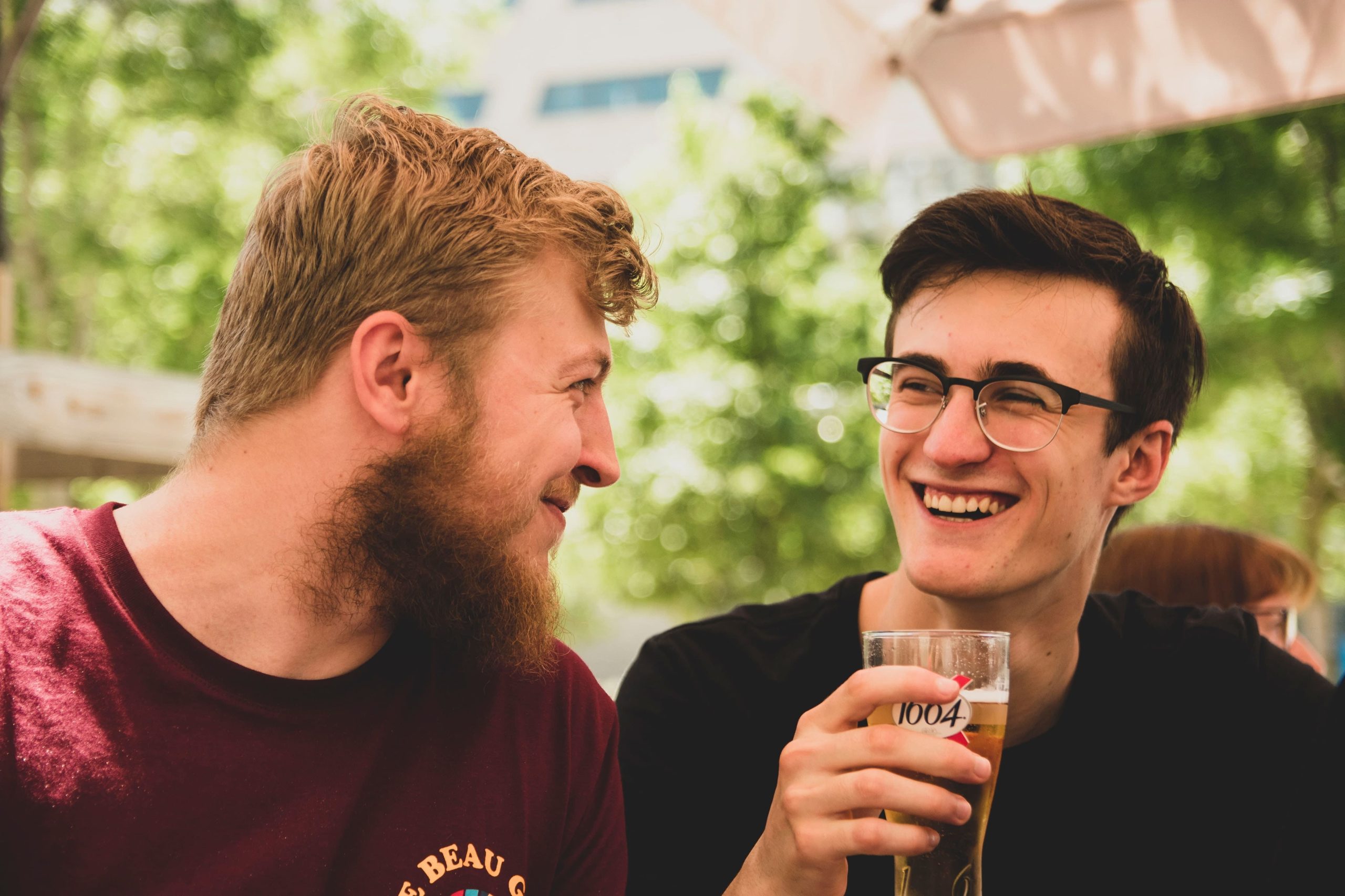When it comes to communication, there is an oversized emphasis placed on what to communicate, when, and how. But just as important — if not more so, at times — is listening.
Though listening requires being quiet, it is not a passive activity. And, in fact, done with intention, it is part of an active two-way dialogue. That may sound strange, but the good news is that, like all communication skills, this is a skill that can be practiced and developed.
Research about active listening highlights what those in the tourism industry can do to take advantage of this skill to enhance their communication toolkit.
Break the Silence …
Many people believe that one of the key indicators of being a good listener is simply being silent. And, it is certainly important to be quiet so that someone can speak without feeling like they are competing against noise.
But breaking the silence occasionally with “questions that promote discovery and insight,” according to this research, keeps the conversation moving forward in a productive way. Instead of thinking of listening as simply a way to maintain silence for someone else to speak, think of it as an opportunity to further a dialogue.
For those working in tourism, such as tour guides, restating issues, acknowledging new ideas, and asking thoughtful questions can nudge travelers toward conversations about complicated issues. Try using that powerful three-word question, “why?”
… But Only if It Makes Sense
People who are “listening” often use this time to come up with a response. Active listening requires actually hearing what someone else is saying. If someone’s comment comes to an end, don’t feel the need to fill silence simply because it exists. It’s okay to sit for a moment while digesting what you’ve just heard.
In any group context, there will be people with a wide variety of communication styles. Some people need more time than others to process what they hear and learn. Travelers should know they are welcome to ask questions or respond to experiences at any time. On tours, for example, guides can set aside a few minutes each morning or afternoon to ask if anyone has any questions or comments generally about what they’ve experienced beyond the activity they may have just engaged in.
Create a Safe Space
People need to know that, when others listen to what they have to say, they aren’t going to be judged or criticized. If people don’t feel like they can speak freely, then active listening won’t actually move a conversation forward in a meaningful way.
What this means is that it’s important to create a safe environment in which everyone realizes discussions can happen in a thoughtful and open way. It is possible to have hard conversations about controversial issues in a productive manner if that space is created intentionally. Trust is the cornerstone of these safe spaces.
Depending on the dynamics of a tour group and destination circumstances, it might be hard to have these kinds of conversations and create appropriate conditions for active listening. Building in time for reflection by identifying times and places to hold that safe space can help travelers process all that they’re learning on a trip.
This can also be applied to more public spaces, like on social media platforms. Establishing community guidelines (such as not allowing personal attacks) in advance and then reinforcing them helps establish that sense of trust even in digital spaces.
Consider Non-Verbal Cues
According to researchers, about 80% of what we communicate is through non-verbal cues. The general guidance on non-verbal cues is in regard to nodding your head or showing reactions through facial cues, but gestures and postures matter too. Your eyes convey as much to the speaker as what your ears pick up from what they have to say.
Additionally, distraction immediately detracts from an active conversation — and we’ve all fallen victim to it. Active listeners put away their phones and focus on the speaker and what they have to say. Listeners are an important player in the conversation even if they’re quiet, and acting that way immediately influences how they feel about their role, thus creating a better listening experience.
We are all running in countless directions, constantly distracted by something. Setting aside those distractions and giving people our full attention — even for a short period of time — signals that we are engaged in the conversation. This is applicable across all aspects of a travel business, from those Zoom meetings with colleagues where Slack is open in the background to walking tours where guides might be tempted to check their messages between stops.
After all, it’s one thing to be present; it’s an entirely different thing to listen.



